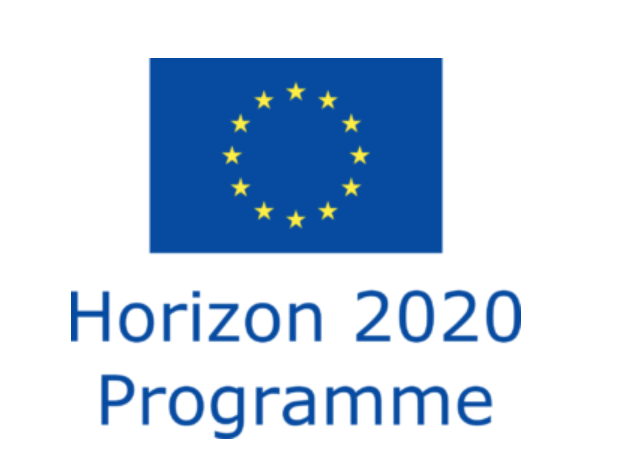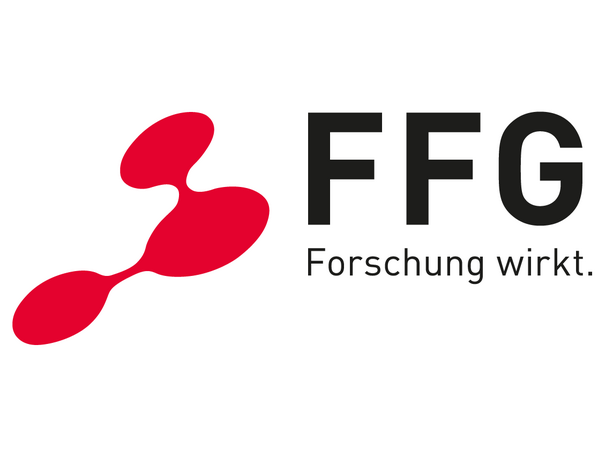Ancient history and epigraphy
What makes the section of Ancient History and Epigraphy special?
The section of Ancient History and Epigraphy deals in research and teaching with the history of Greco-Roman antiquity (ca. 1200 BC to ca. 600 AD), taking into account both the early advanced civilizations from Mesopotamia to Egypt and the neighboring peripheral peoples. The subject of ancient studies is the entirety of the material legacy of antiquity; the aim is to capture the human world of this period - from concepts of the afterlife to eating habits.

Main research areas
The research focus of the section of Ancient History and Epigraphy at the Department of Classics includes the following areas
- Religious history of the Roman imperial period
- Latin epigraphy
- Cultural and intellectual history of the 2nd century AD using the example of Lucian of Samosata
- History of sport
- Violence in ancient cultures
- Ethnicity in antiquity
- Citizen Science - Science goes public
- New paths into antiquity - school cooperation
- Language of the Sidetians
- Ancient Cultures of the Mediterranean - Doctoral Program




